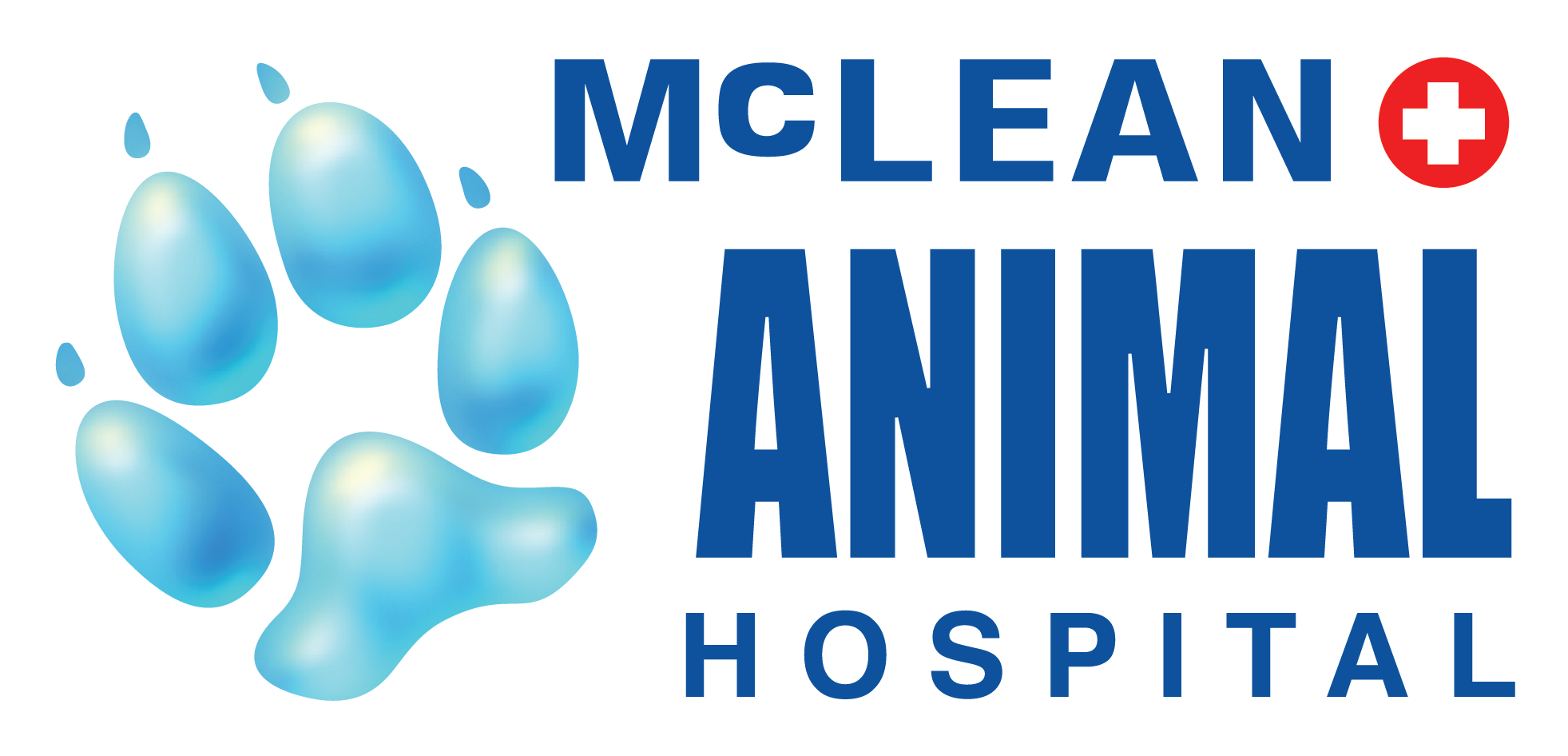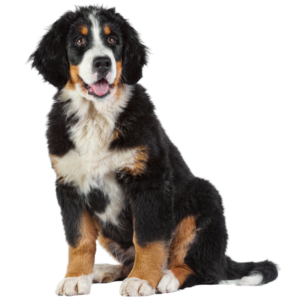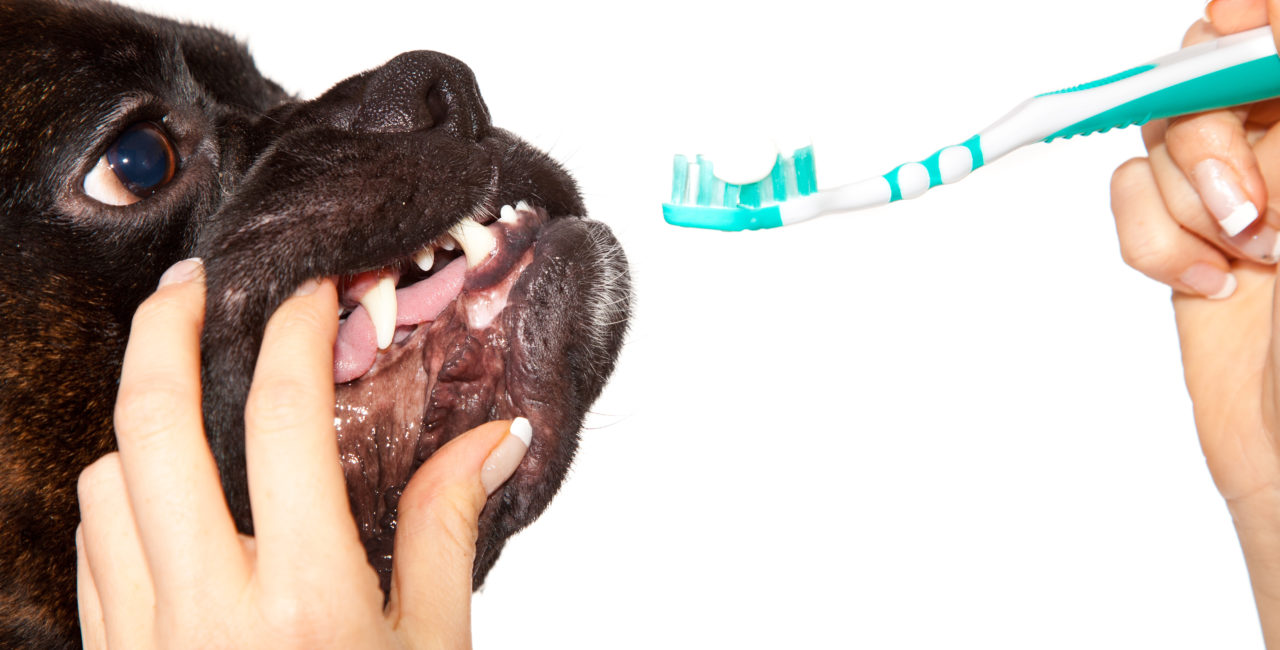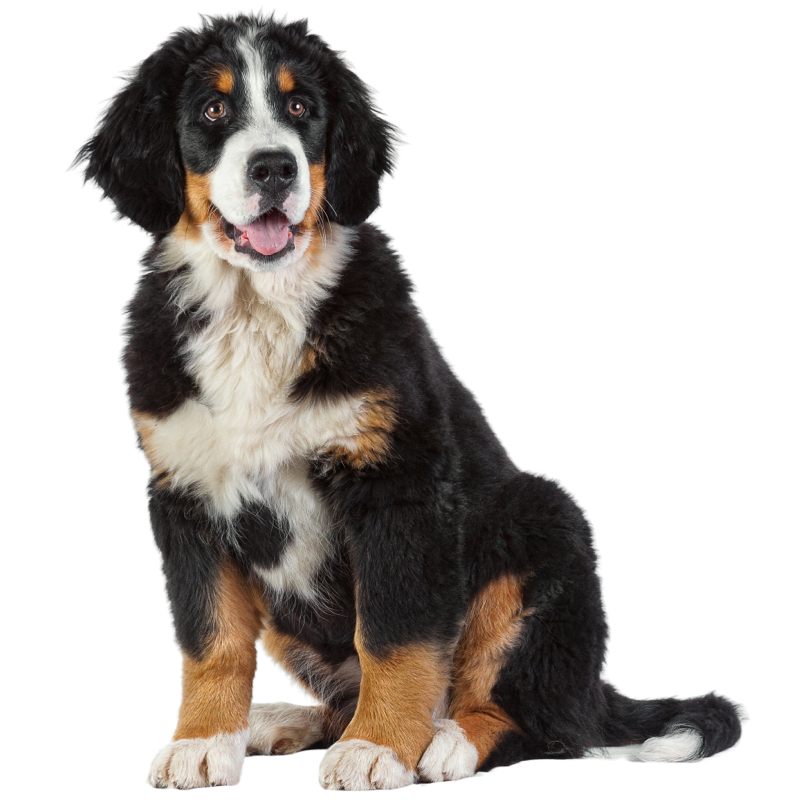So you’ve noticed an offensive odour from your pet’s mouth recently, maybe even a slight decline in appetite or she prefers soft food versus kibble. Unfortunately, many pet owners are unaware these signs may be indicators of dental disease and their pet is experiencing dental pain. In fact, many pets have evidence of dental disease long before they are considered “old”, because they have not been given proper dental care. To prevent unnecessary oral pain, improve the quality of life and health of a pet, it is imperative a dental care program is implemented. By following the tips below, you will be a step ahead in fighting dental disease.
- Brushing
The number one way to prevent plaque and calculus/tarter formation is by brushing your pet’s teeth daily. Bacteria from a pet’s mouth results in plaque formation and overtime the minerals in saliva will cause the plaque to harden into calculus. Once calculus is present, it cannot be brushed off. The calculus will lead to gum disease which in turn can lead to dental abscess and loose teeth. We recommend pet owners to speak to their veterinarian about the proper brushing technique as well as use a veterinarian recommended toothpaste.
- Dental Diets
There are many diets with claims of preventing calculus formation on the market today. I recommend dental diets to pet owners who are unable to brush their pet’s teeth and if their pet does not have a pre-existing condition. I strongly recommend using only diets recommended by your veterinarian since not all dental diets are created equal.
In general, dental diets work in two ways; the mechanical action while a pet chews the kibble and the enzymes present in the food to help reduce bacteria and plaque formation. As you can see, a pet that does not chew his kibble will not get the benefits of a dental diet. As well, these diets work best as a pet’s sole diet and the effectiveness declines if the diet is fed as a treat.
- Water Additives
Another alternative to brushing and dental diets is adding a solution to your pet’s drinking water. This alternative is recommended for owners who cannot brush their pet’s teeth and when a dental diet is not appropriate. Water additives contain ingredients to help reduce oral bacteria which in turn reduce plaque formation. With all the options available today, I advise pet owners to speak to their veterinarian regarding the water additive for their pet.
- Dental
Many pets will need a dental in their lifetime. Even if a pet owner is diligent at brushing their pet’s teeth, a cleaning under anesthesia may be necessary to remove tarter from along and beneath the gingiva. Removing tarter will prevent gingivitis (inflammation of the gums) which will in turn prevent gingival recession, tooth loss and dental pain.
I recommend regular exams with your veterinarian to assess your pet’s teeth and whether a dental is the right option for your pet. In some situations, we have found severe dental disease below the gingiva that was not evident to the owner or during a routine examination.
- Say No to “No-anesthesia Dental “
A proper dental requires anesthesia. No-anesthesia dentals are performed by individuals that do not have a medical background and do not have the necessary training to perform a dental cleaning. Ask yourself if you would allow your hair dresser to scale and polish your teeth while you got a haircut. Would they have the expertise to make an assessment and give you recommendations about your oral health? Not to mention the additional risk of chipping a tooth, removing enamel and causing damage to the gingiva when dentals are performed without anesthesia and with an untrained individual. The truth is no-anesthesia dentals improve the esthetics for the owner but can actually do more harm than good for the pet.
Removing calculus without polishing the surface of the tooth afterwards allows bacteria to “stick” to a rough surface. In a short period of time the calculus will return, gingivitis is not resolved and severe dental disease is the result. Only a dental under anesthesia can remove calculus under the gum line and treat gingivitis.
If you have questions concerning your pet’s dental health, we advise you speak to your veterinarian team. February and March are dental months at McLean Animal Hospital. We offer no charge dental assessments and will be available to answer any dental questions you have.
Please call McLean Animal Hospital at 416-752-5114 to book your free dental assessment.




